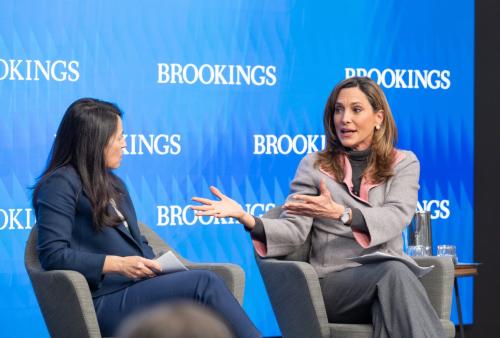Lack of upward mobility – in Obama’s phrase, “the chance through honest toil to advance one’s station in life” – damages society, and the economy. Less is usually said about the other side of the coin: downward mobility from the top. But to improve relative social mobility, we need more of both. (Check out Pew’s video on relative and absolute mobility for a great illustration of why that’s the case.)
Niall Ferguson has a challenging piece on ‘The End of the American Dream?’ in Newsweek/Daily Beast (NewsBeast?). He suggests those at the top are rigging so their own children remain there:
[W]e [cannot] dismiss the hypothesis that the “legacy” system may be the key here, as the cognitive elite discreetly rig the game in favor of their offspring with well-timed benefactions.
As a professor at Harvard, I am disquieted by such thoughts. Unlike Elon Musk, I did not come to the United States intent on making a fortune. Wealth was not my American dream. But I did come here because I believed in American meritocracy, and I was pretty sure that I would be teaching fewer beneficiaries of inherited privilege than I had encountered at Oxford.
Ferguson is witnessing, first-hand, how opportunity hoarding at the top can inhibit movement up from the bottom. There are echoes here of S.M. Miller’s 1969 claim that downward mobility is a better measure of fairness:
The concern with upward mobility has obscured the importance and amount of downward mobility…[but] it may well be that downward mobility is a better indicator of fluidity in a society than is upward mobility.
Niall Ferguson is very far from being a bleeding-heart liberal. Something important is happening when a right-wing Brit warns that the American elite is now perpetuating itself, from one generation to the next.
The Brookings Institution is committed to quality, independence, and impact.
We are supported by a diverse array of funders. In line with our values and policies, each Brookings publication represents the sole views of its author(s).



Commentary
Elites Protect Their Own Against Downward Social Mobility
August 30, 2013